Consortium
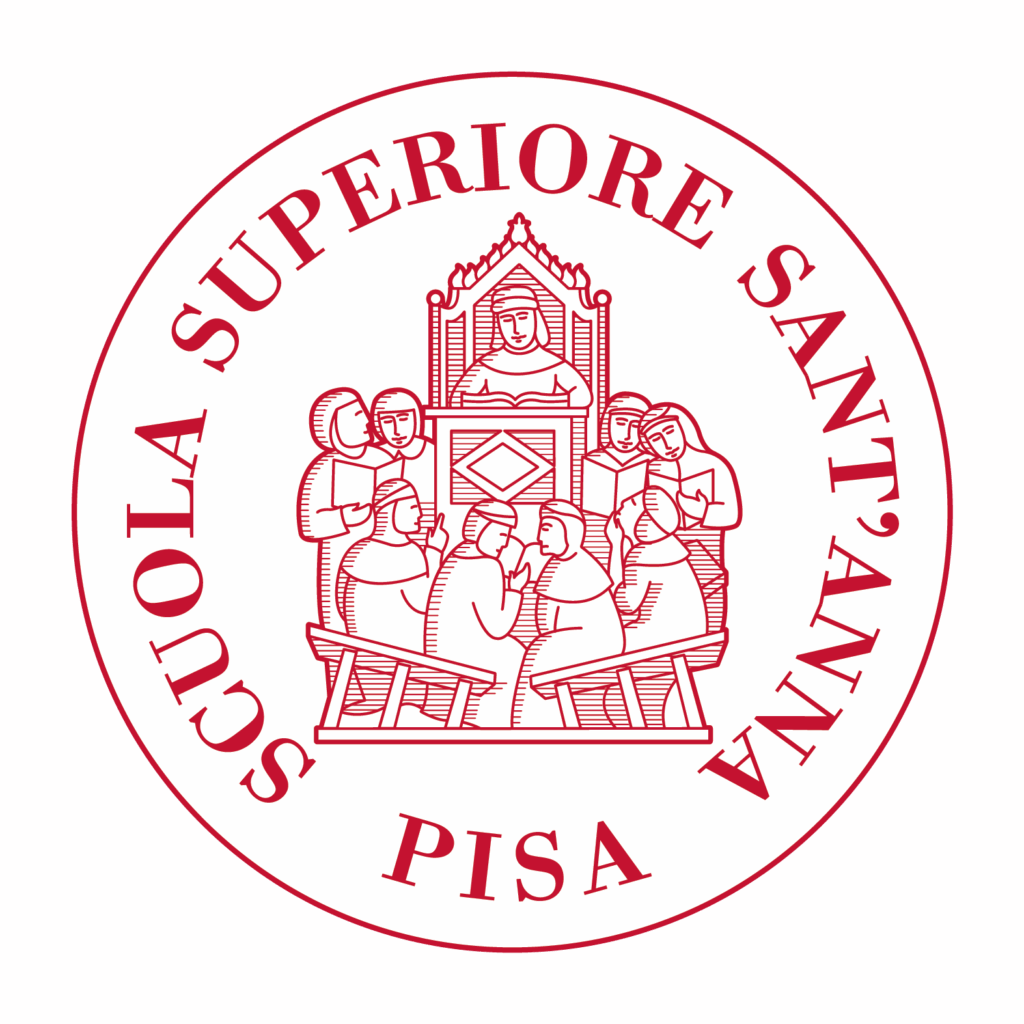
Scuola Superiore Sant’Anna
Based in Pisa, Italy, Scuola Superiore Sant’Anna (SSSA) is home to the BioRobotics Institute, contributing expertise in endoscopic and surgical robotics, mechatronics, AI, and simulator development. As project coordinator, SSSA oversees overall project management and plays a key role in developing technologies for ingestible devices focused on surgical, sampling, and interventional applications (Work Package 3) and management of the consortium (Work Package 6)

The University of Birmingham
Based in the United Kingdom, the University of Birmingham (UoB) leads Work Package 2, focusing on sensing and systems for ingestible devices. It will leverage its healthcare technologies and microfabrication expertise to develop impedance-based biosensors, sustainable energy harvesting systems, and ingestible systems. Through Work Package 6, UoB leads network-wide activities related to impact, dissemination, and outreach.
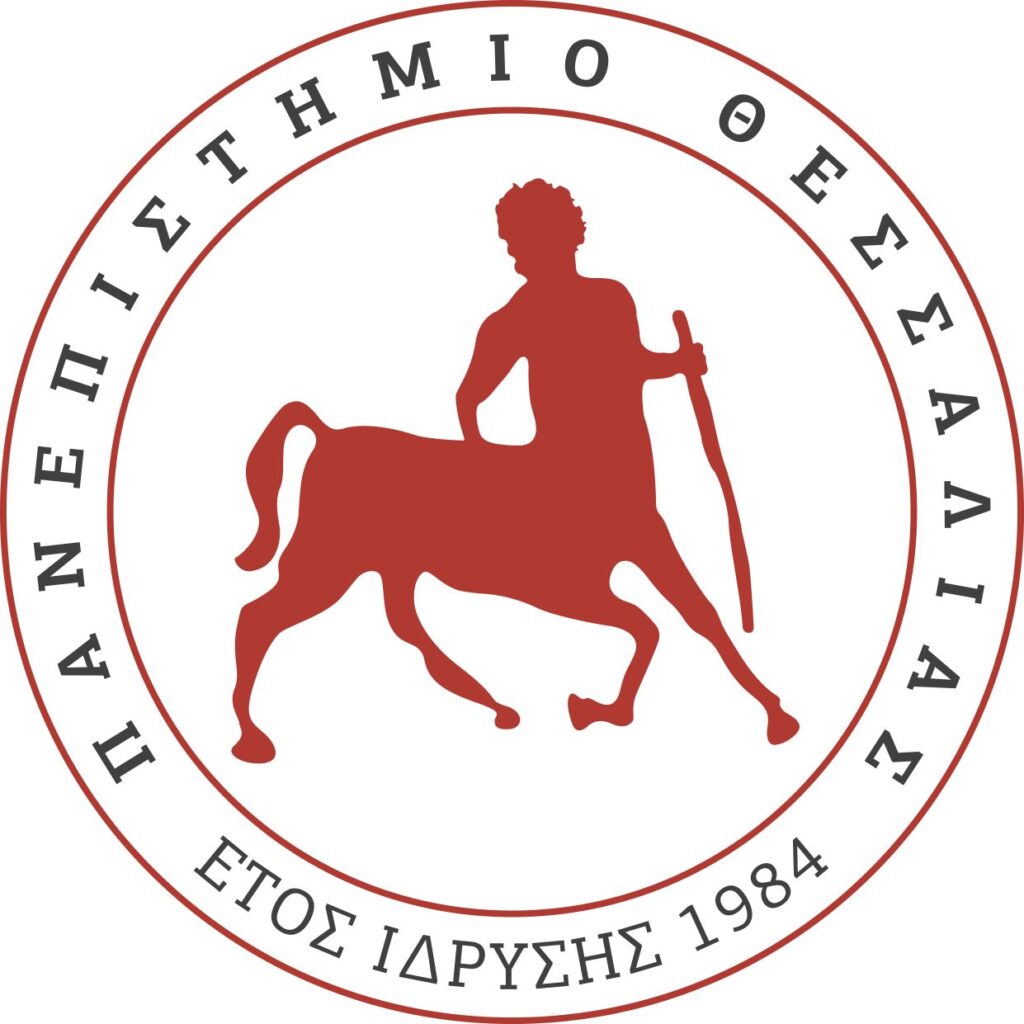
The University of Thessaly
The University of Thessaly (UTH), based in Thessaly, Greece, leads Work Package 4, which focuses on ingestibles for imaging and analysis utilising their expertise in artificial intelligence and endoscopic image analysis, supporting the development of explainable AI for computer-aided diagnosis, semantic video captioning, and a digital twin of the GI tract. UTH is also responsible for career development and training activities across the consortium through Work Package 5
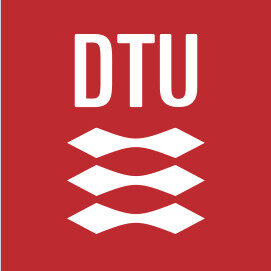
Danmarks Tekniske Universitet
Danmarks Tekniske Universitet (DTU), based in Kongens Lyngby, Denmark, leads Work Package 1, focusing on ingestibles for therapeutic applications. Central to DTU’s role is the IDUN Centre of Excellence, renowned for its interdisciplinary research in drug delivery, ingestible technologies, and microfabrication. IDUN contributes cutting-edge expertise in device retention strategies, mucoadhesion, and controlled drug release. DTU provides access to state-of-the-art infrastructure, including DTU Nanolab for advanced micro/nanofabrication.

Centre National de la Recherche Scientifique
Based in France, the Centre National de la Recherche Scientifique (CNRS) contributes deep expertise in wireless bioelectronics, in-body antennas, and ingestible device design. CNRS leads the development and testing of antenna systems for in-body localisation and wireless power transfer, and is responsible for several deliverables in Work Package 2. CNRS’s infrastructure includes advanced RF testing facilities and the NanoRennes cleanroom.

BioCAM
BioCam, based in Poland, develops AI-powered capsule endoscopy solutions for non-invasive, remote diagnostics in human and veterinary medicine. BioCAM an Associated Partner in Intelli-Ingest, providing doctoral candidates with invaluable industrial experience.

BodyCAP
Bodycap, based in France, develops miniaturised wireless sensors for continuous physiological monitoring. Their ingestible e-Celsius capsule and wearable eTact patch provide real-time core temperature and activity data, supporting applications in clinical research, elite sports, and space missions. BodyCAP’s solutions are CE-marked and used globally in healthcare and performance monitoring. As Associated Partners, BodyCAP provide industrial experience and insights to our doctoral candidates.
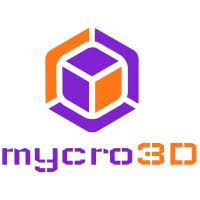
Mycro3D
Mycro3d, based in Denmark, offers high-resolution microscale 3d printing services, enabling cost-effective production of centimetre-sized objects with microscale features. Their technology facilitates rapid prototyping and mass customisation across various technological applications, accelerating micro-device development. Mycro3d aims to democratise micro/nanoscale manufacturing. As Associated Partners, Mycro3D will be providing industrial experience to our doctoral candidates as well as access to their microscale manufacturing technology.

Ovesco Endoscopy AG
Ovesco Endoscopy AG, based in Tübingen, Germany, develops and commercialises innovative endoscopic devices for gastrointestinal diagnostics and therapy. Known for technologies like the OTSC® and FTRD® systems, Ovesco combines clinical expertise with advanced engineering. As an associated partner in Intelli-Ingest, Ovesco will contribute industrial insights into device development, regulatory processes, and clinical translation as well as industrial experiences for our doctoral candidates.
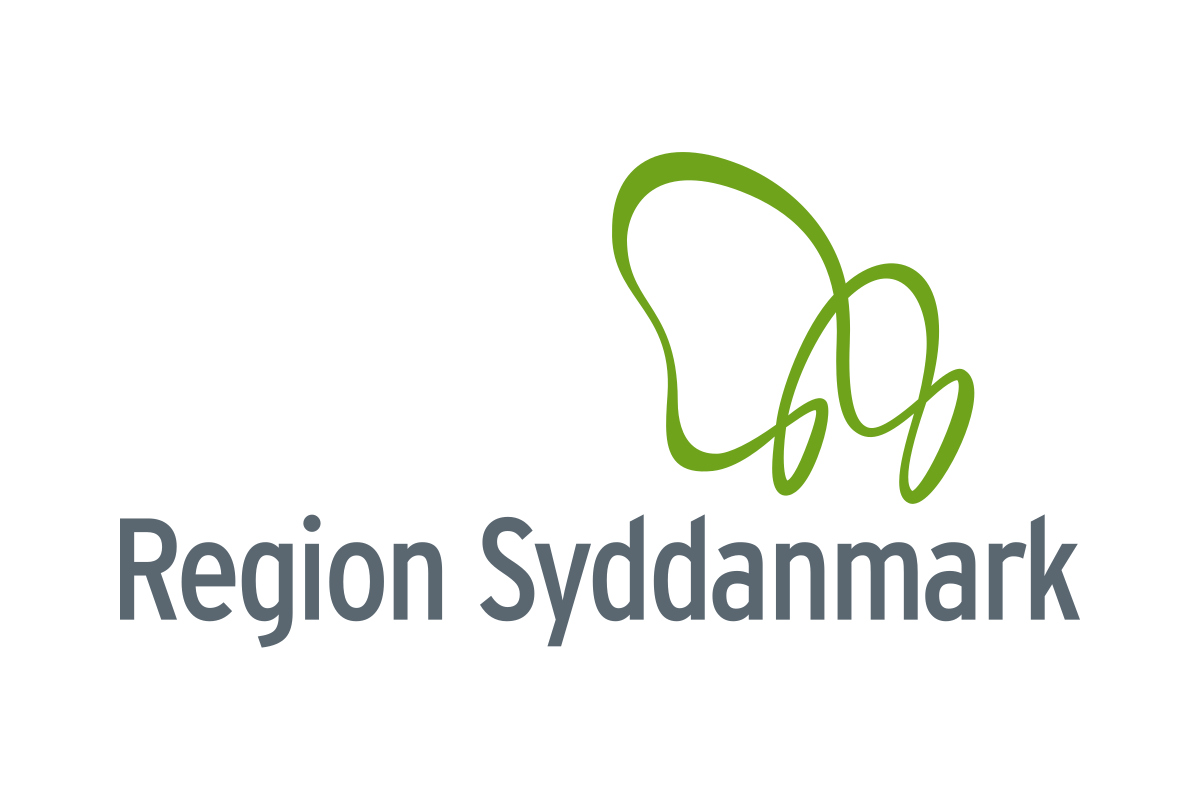
Region Syddanmark
Region Syddanmark, as an associated partner, contributes clinical expertise in Capsule Endoscopy through the world-leading activities in this area at Odense University Hospital, Denmark. The hospital also plays a key role in exposing doctoral candidates to clinical needs and pathways, enhancing their understanding of real-world healthcare challenges and supporting the translational focus of Intelli-Ingest’s technologies.
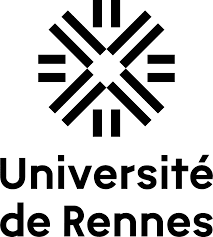
Université de Rennes,
Université de Rennes, an associated partner based in France and working closely with CNRS, contributes expertise in electromagnetic modelling and wireless systems for ingestible device localisation and communication.
Advisory Board

Mario Caironi
Senior researcher at IIT, expert in edible biomedical electronics.

Shlomo Lewkowicz
CTO at MedicUp, expert in clinical medical device translation.

Maya Thanou
Professor at King’s College London, specialist in nanomedicine delivery systems.

Funding scheme: This research has received funding from the European Union’s Horizon Europe research and innovation programme under the Marie Skłodowska-Curie Actions Doctoral Network INTELLI-INGEST Grant Agreement N° 101169012 and the UKRI Horizon Europe Guarantee under Grant Agreement EP/U536726/1
